Rhoda Owusu Ntim BSc, a Youth Leader for Health shares her experience
The uncertain but rewarding journey of health advocacy
On a sunny weekday, as other parents strived to make ends meet, a couple was confined to a crowded, hot and noisy hospital at Juaben, a small town in the Ejisu-Juaben Municipality, in the Ashanti Region of Ghana.
The desperate parents had to rush their child to the nearest hospital after their toddler was struck by malaria.
The 5-year-old girl was frail, unable to walk with impaired consciousness amidst intermittent vomiting. Additionally, she had chills and high fever simultaneously and had to be carried in the arms of her worried father. The rapid deterioration of the child’s health had meant an urgent and frantic 30 to 45 minutes journey to the nearby health facility, which is at least 2 kilometres from Yaw Nkrumah where the family lived.
Yaw Nkrumah is a semi-rural area with about 1000 residents. The town has no hospital, pharmacy or police station and lacks the usual social amenities. The area is without pipe-borne water; hence inhabitants depend on boreholes. Residents are mainly rice farmers.
With a doctor to patient ratio estimated at 1:10,450, they had to wait for four hours before nurses attended to them. Eventually, she was admitted.
The little girl is the cousin of Rhoda Owusu Ntim, a microbiologist studying for her masters and now a trained Youth Leader for Health working with the Vector-Borne and Infectious Diseases Group of the Kwame Nkrumah University of Science and Technology in the Ashanti Region.
Rhoda faced a similar experience as an infant. In her case, her parents had to vent their anger at the hospital staff after waiting for 5 hours before she received medical attention. Rhoda narrates. “It took grace to survive”.
Rhoda and her cousin survived the ordeal, but not every child is lucky to escape being counted as a death statistic from malaria.
According to a study by UNICEF (October 2020) in 2018, there were 228 million malaria cases that led to 405,000 deaths globally. Of these, 67 per cent (272,000) were children under five years of age. This translates into a daily toll of nearly 750 children under age 5. Every two minutes, a child under five dies of malaria. Most of these deaths occurred in Sub-Saharan Africa.
In Ghana, the situation is compounded by a myriad of challenges. The country is battling with weak health systems, inadequate infrastructure, attrition of health professionals and obsolete medical technology, among others. Projects are always in the ever-lingering pipeline with authorities paying lip-service to ensure optimum health coverage.
The turning point
Rhoda sought to develop skills in health advocacy based on her experiences. Her zeal was further fuelled by a friend who informed her about recruitment for an advocacy programme – the Youth Leaders for Health. She was confident that advocacy training would empower her to make a difference. Rhoda was one of four women out of a contingent of 10 young people selected from Ghana. She was selected as the Ashanti Region Youth Leader after a rigorous interview. “The much-awaited call gave me the chills, but I was filled with joy. I knew I was a step closer to my dream,” Rhoda noted.
Advocacy Training and mentoring
As part of a one-year project, she was trained alongside 24 other youth leaders in Addis Ababa, Ethiopia on advocacy to influence governments to increase domestic funding for malaria by 20%.
The training broadened her knowledge on how to carry out advocacy in diverse settings and with different stakeholders using different tools to disseminate information.
“One key thing I learnt that I would forever imbibe is to utilise the internet effectively for advocacy”. She revealed that the mentors for the programme “were wonderful and at our beck and call”. For her, it was a blessing to have crossed paths with such seasoned experts.
Working in International advocacy
After the training in Ethiopia, the Youth Leaders for Health including Rhoda, developed a communique which was delivered to the Deputy AU Chairperson before the African Union Summit in February 2020 in Addis Ababa, Ethiopia.
Additionally, she and other youth leaders delivered a communique to the Ghana Embassy in Ethiopia calling for the prioritisation of health systems strengthening and requesting the Ghana Ambassador to Ethiopia to discuss and push the agenda of increased domestic funding for malaria by 20% with the President of Ghana who was due to arrive for the AU Summit.
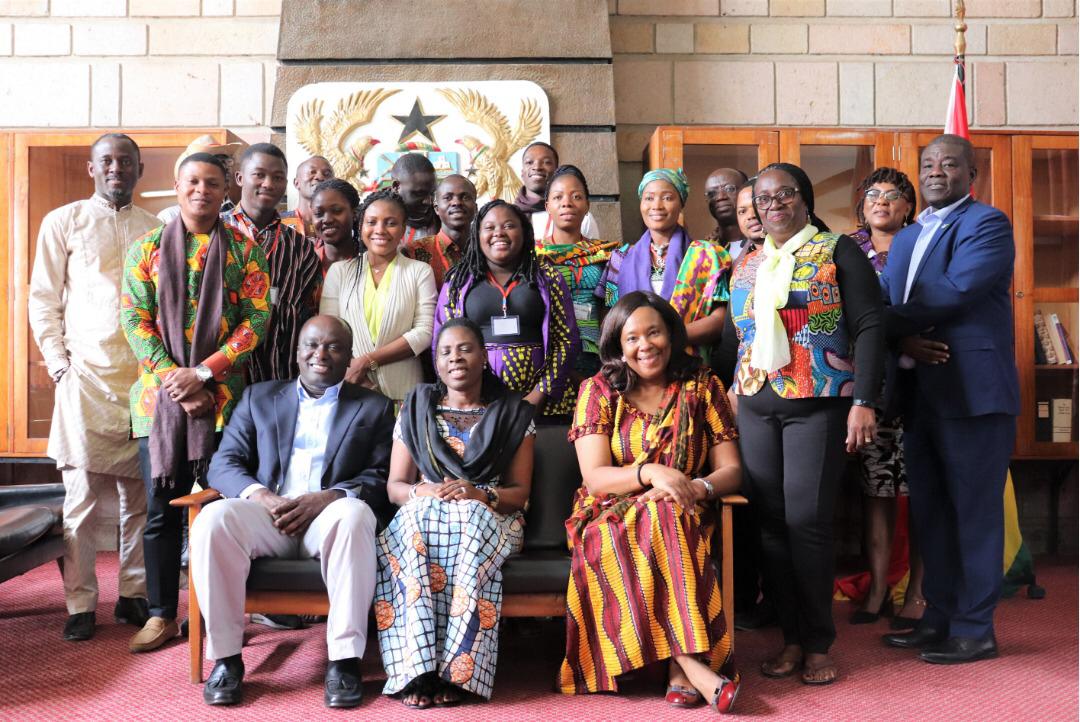
Working in National, Regional and Community advocacy
Fast forward after the Ethiopia experience, she decided to advocate at national, regional and community levels using government stakeholders, health professionals and youth as her target audience.
On Malaria Day 2020, Rhoda met with the Ashanti Regional Health Director to discuss strengthening malaria awareness within the region and what advocacy strategies could be used to achieve this.
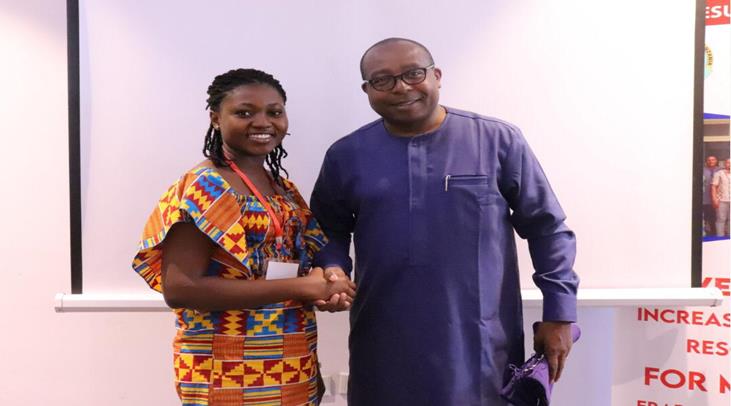
Subsequently, she met with community leaders to share ideas on the impact of COVID-19 on malaria responsiveness in communities.
She broadened her outreach to include COVID-19 sensitisation. She rolled out education on the pathogen and health safety measures. It was challenging as avenues and appointments with some authorities were cancelled but then “I didn’t lose hope”.
With the help of a few people she recruited, they embarked on malaria sensitisation through door-to-door interaction. Rhoda also mobilised the youth to participate in two communal cleanings to improve hygiene and sanitation. They were enthused to be part of the fight against malaria.
Rhoda delivered open letters to political figures with the support of HFFG to prioritise health systems as Ghana heads to the polls on December 7. Her activities are also shaping the minds of voters towards a health-conscious leader.
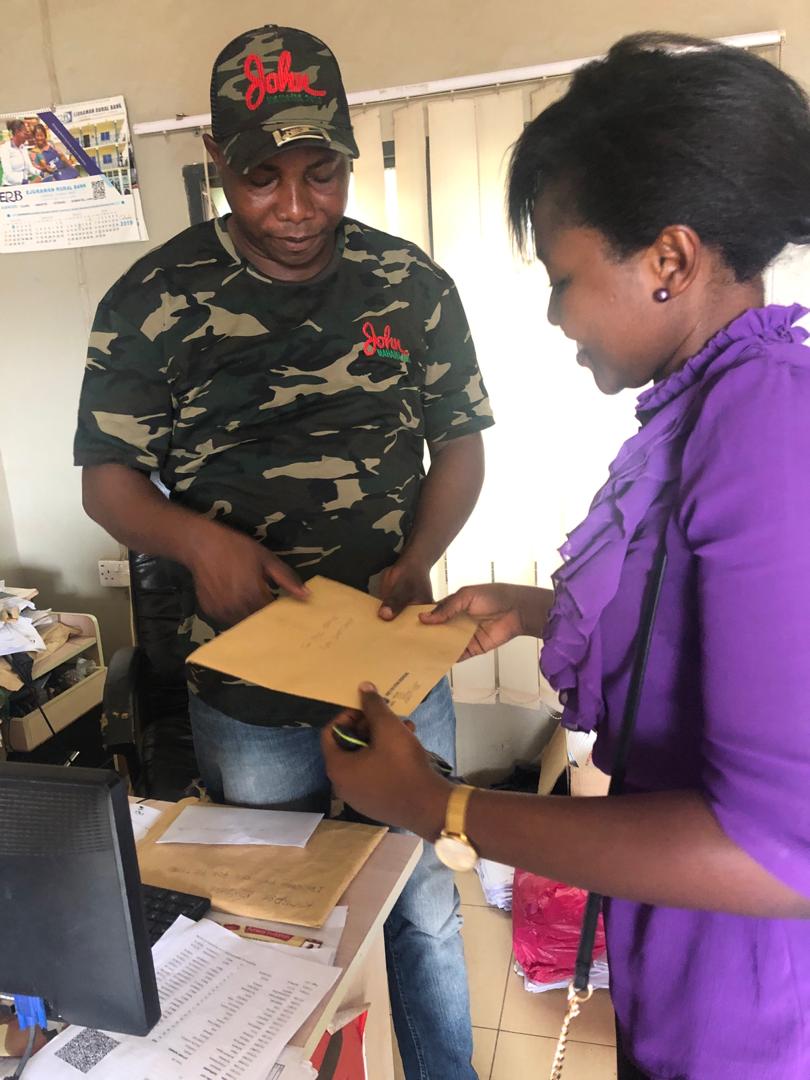
Again, Rhoda and the youth leaders in the region participated in media engagement through radio interviews.
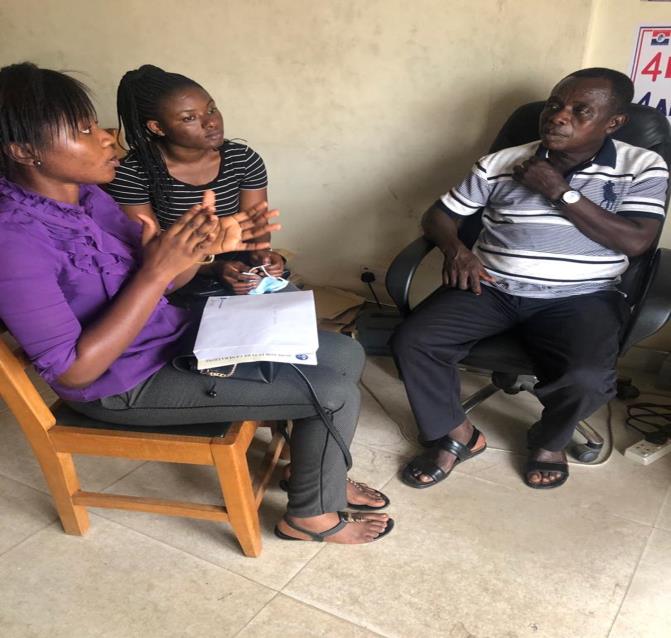
As these activities progressed, Rhoda put effort also on social media advocacy through engaging stakeholders through Twitter storms and other social media posts.

The role of a health advocate is also to train others
Rhoda has embarked on a new advocacy journey which many people take for granted. She is passing on her new knowledge through training to a second generation of youth leaders in her community.
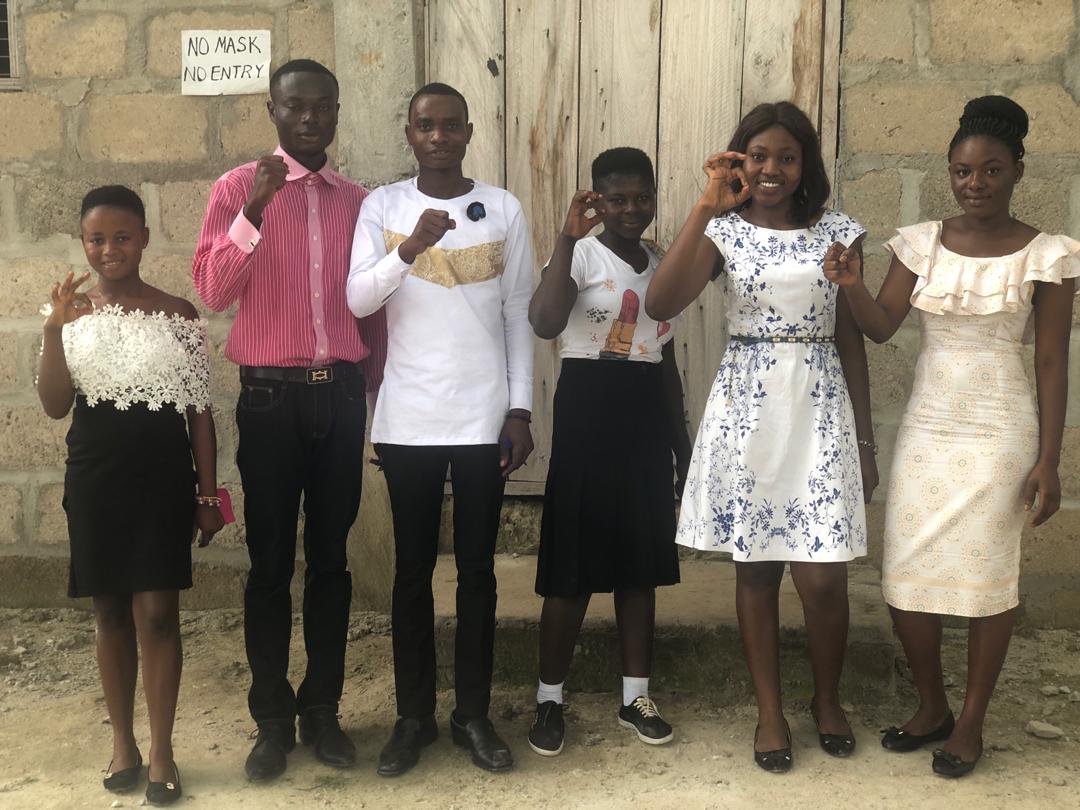
Plans to expand advocacy
The fight against malaria and health systems strengthening is still on.
With her area under the jurisdiction of the Asantehene, Otumfuo Osei Tutu II, she is making plans to visit the Manhyia Palace to get traditional authorities involved.
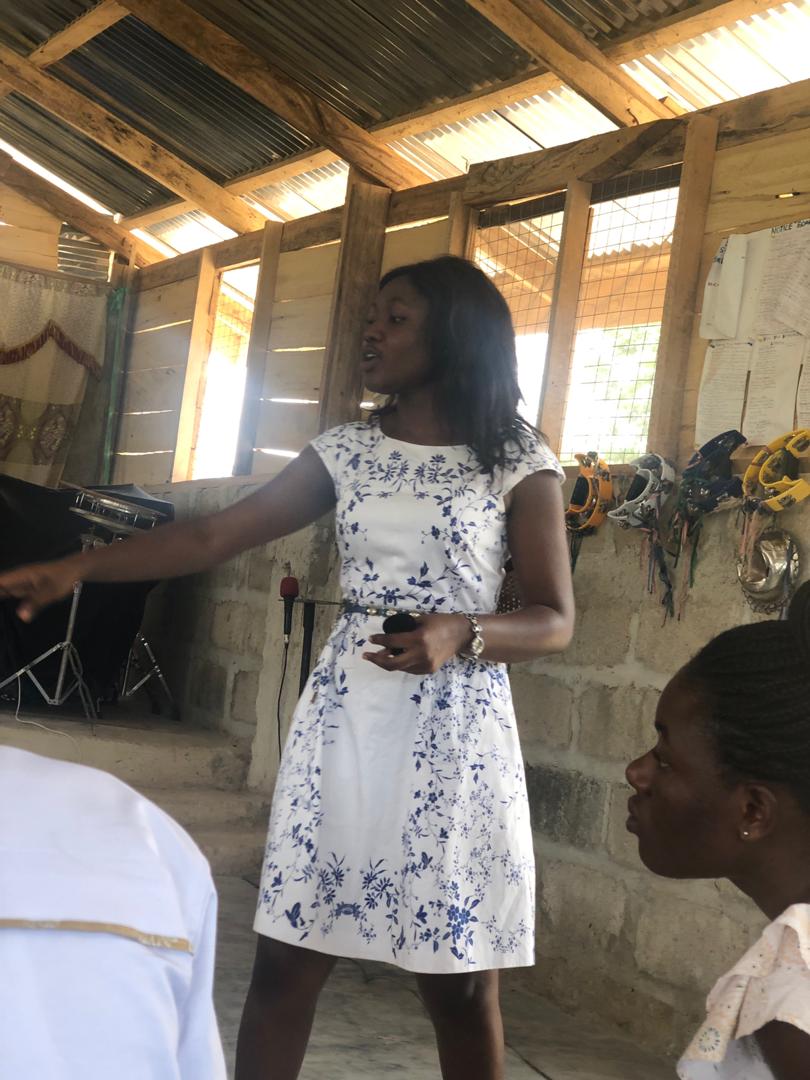
She hopes to see Ghana counted as a malaria-free country and she continues to advocate visibly so that in the next five years there could be improvements in the health infrastructure and a change in her community with deaths reduced significantly.
Hope For Future Generations was a partner of the programme and provided support in diverse ways to roll out the mentorship programme for participating Ghanaian youth.



